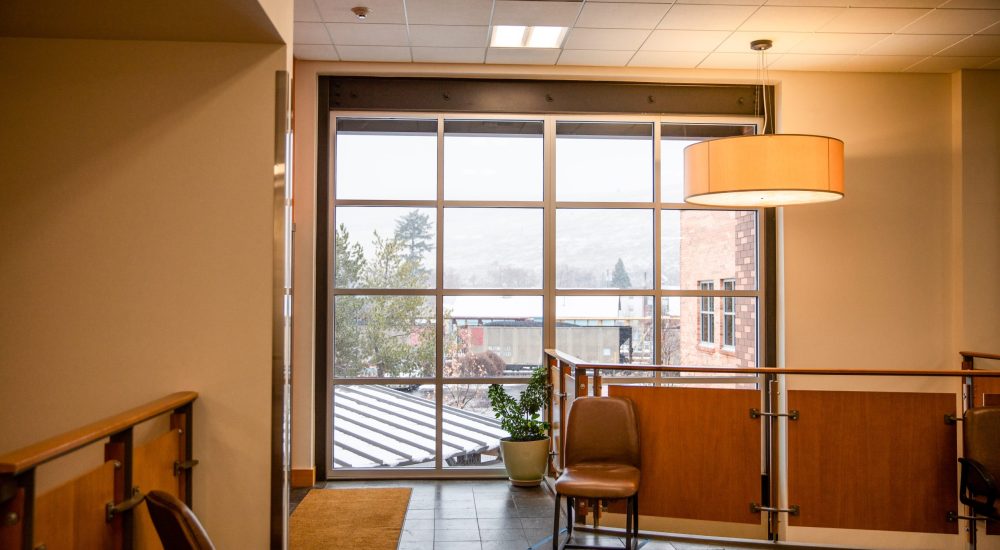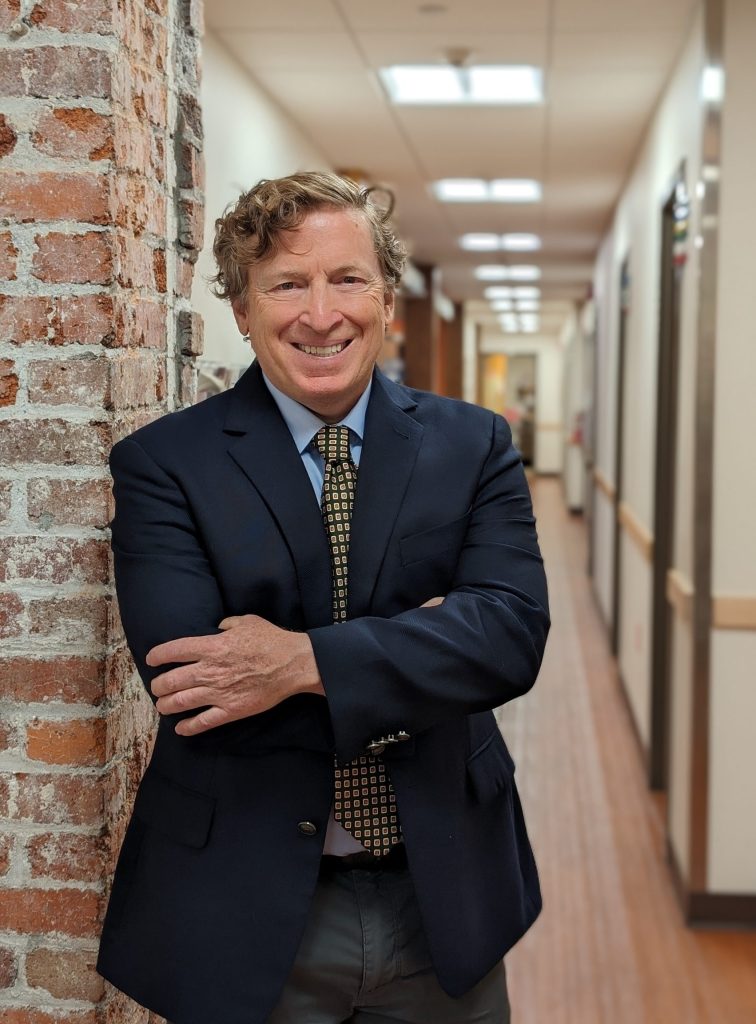PHC in the News

Media Inquiries
Please contact Eric Halverson
406.258.4361
halversone@phc.missoula.mt.us
Pregnancy Support for Everyone in Missoula County
by Dr. Trent Taylor, MD
As a family medicine doctor at Partnership Health Center, I have helped many people through their pregnancy journeys. While planning for a baby is an exciting time, it can also be challenging and even overwhelming. If you are pregnant or preparing for a pregnancy, meeting with your doctor can help set you up for success.
First, starting prenatal vitamins early gives your baby the best chance for healthy growth. These vitamins, especially folic acid, help prevent birth defects and support your baby’s development from day one. Next, your doctor can talk with you about ways to lower your risk of preeclampsia, a serious pregnancy complication that can cause high blood pressure.
Meeting with a doctor early in pregnancy also allows time for blood tests to learn about your baby’s genes and even reveal the baby’s sex if you want to know. This information helps your healthcare team provide the best care for you and your growing baby.
Throughout pregnancy, your doctor will schedule regular check-ups to keep a close eye on how your baby is growing and watch for signs of healthy development. Regular check-ups with your doctor helps to identify any potential issues early and address them quickly.
Many people have questions about what is safe during pregnancy. Is it okay to dye your hair? How much exercise should you do? Are your current medicines and supplements safe for the baby? Your doctor can help you navigate these questions and find a healthy path forward.
It is normal to have many questions throughout a pregnancy journey, and nobody should have to figure it all out on their own. Fortunately, in Missoula County, nobody has to.
At Partnership Health Center, we believe that every person deserves access to healthcare through all stages of pregnancy. That’s why everyone who calls or visits our clinics receives compassionate, high-quality healthcare and support services, no matter their income or insurance coverage.
We can also assist you with pharmacy services, counseling for mood and anxiety challenges, dental care, and even provide one-on-one peer support. If you are pregnant or thinking about having a baby, schedule an appointment with a doctor today to start building a plan for a healthy pregnancy and a healthy baby.
Dr. Trent Taylor, MD is a Family Medicine Doctor at Partnership Health Center and a faculty member with the Family Medicine Residency of Western Montana.
By Dr. James Quirk, MD. Chief Medical Officer at Partnership Health Center

The need for compassionate and effective approaches to mental health crisis intervention has never been more pressing. In Missoula, an innovative response to this need, The Mobile Support Team (MST), has emerged as a benchmark for mental health crisis interventions in our region.
When someone in Missoula calls 9-1-1 with a concern about a low-risk behavioral health issue, the Missoula Mobile Support Team (MST) springs into action. Comprised of a licensed mental health clinician, an emergency medical technician (EMT) and a case facilitator, the MST responds alongside law enforcement to provide immediate on-site support. This collaborative approach aims to de-escalate situations, preventing unnecessary hospitalizations or law enforcement encounters.
Launched in the fall of 2020, the Missoula Mobile Support Team (MST) is a joint effort between the City of Missoula Fire Department and Partnership Health Center (PHC). Its primary aim is to divert individuals with low-risk behavioral health issues away from jails and hospital emergency departments. Working alongside the Crisis Intervention Team (CIT), MST seeks to provide timely and appropriate care to those facing urgent behavioral health needs. This right-sized response lightens the strain on first responders by reducing arrests and emergency room visits related to behavioral health crises.
MST operates on a fundamental principle: meet individuals in crisis where they are, physically and emotionally. This approach emphasizes understanding and responding to the complex needs of those in distress with empathy, respect, and professionalism.
After the crisis response, MST staff provide ongoing case management and support services to ensure individuals have access to the resources needed for recovery and stability. This comprehensive approach is crucial for improving mental health outcomes and fostering a healthier, more resilient community.
The success of the MST program is largely attributable to the collaboration between the Missoula City Fire Department and PHC – two teams with distinct but complimentary skill sets. Their combined expertise ensures that needs are promptly addressed with the right care for the specific circumstances of the individual in need of support. This collaboration exemplifies how interdisciplinary teamwork can lead to innovative solutions that benefit our entire community.
Investing in innovative services like MST is crucial for addressing the complex challenges of mental health crises. By supporting such initiatives, we not only improve immediate outcomes but also contribute to the long-term well-being of our community. The MST program has attracted regional attention, offering a model for other communities seeking to enhance their response to mental health crises.
As we move forward, let us remain steadfast in our commitment to innovative responses to complex challenges. The MST services as proof that collaboration and compassion are key ingredients for improved outcomes, reduced overall cost, and ultimately, a stronger community.
Source: Missoulian
As of mid-December, 33 people in Missoula who were formerly homeless now have apartments of their own at Blue Heron Place, one of the largest permanent supportive housing initiatives in the city.
The 30-unit building on Mullan Road marks a transformative point in Missoula’s path to address its affordable housing crisis, a situation that peaked in the summer of 2023 when then-mayor Jordan Hess declared an official “state of emergency regarding homelessness and sheltering.”

